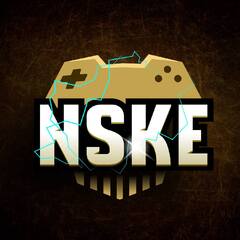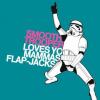Windows Raid 0 drive failed
Go to solution
Solved by jhogan93,
okay update! using the RAID control menu in my MB bios i was able to delete the array and now each drive has been formatted and has its own drive letter. Disk 2 is taking a minute to format (hopefully its find). im gonna copying some files over and see what happens . wish me luck
-
Featured Topics
-
Topics
-
GopherTv ·
Posted in New Builds and Planning0 -
Fat Cat11997 ·
Posted in Graphics Cards4 -
1
-
_Grid21 ·
Posted in Networking0 -
EzioWar ·
Posted in Graphics Cards5 -
avg boywithuke fan ·
Posted in Audio2 -
Prabhjit ·
Posted in General Discussion9 -
paulyron ·
Posted in Troubleshooting1 -
10
-
2
-
-
play_circle_filled

Latest From ShortCircuit:
Feels like I'm wearing nothing at all... - Shokz OpenFit Air

















Create an account or sign in to comment
You need to be a member in order to leave a comment
Create an account
Sign up for a new account in our community. It's easy!
Register a new accountSign in
Already have an account? Sign in here.
Sign In Now